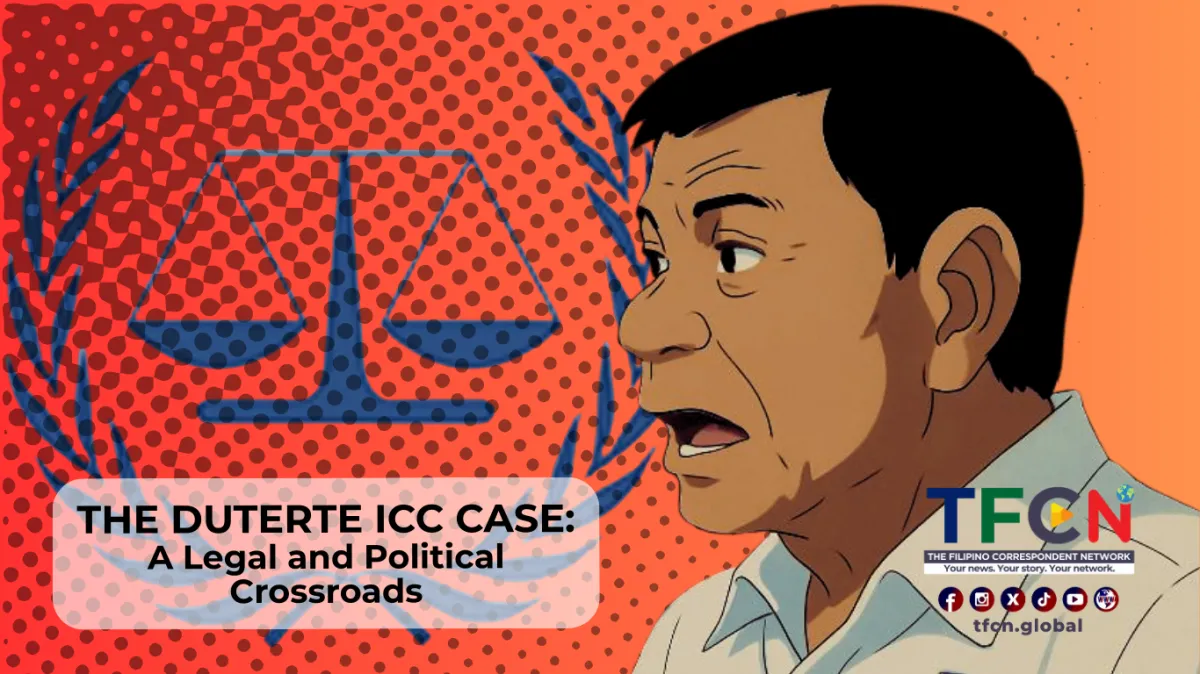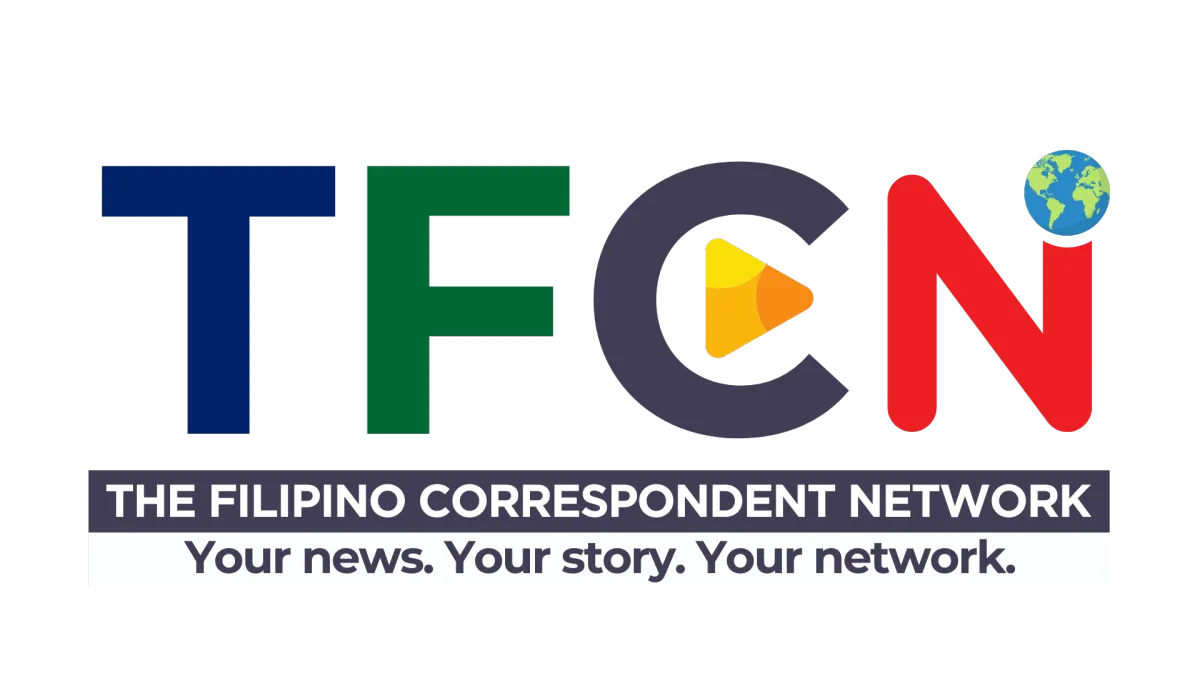
The Duterte ICC Case: A Legal And Political Crossroads
MANILA, Philippines—The International Criminal Court's (ICC) investigation into former Philippine President Rodrigo Duterte's "war on drugs" has reached a critical juncture, marked by the recent postponement of a key hearing. The case, which accuses Duterte of crimes against humanity, has been a source of significant legal and political tension, with its progression—or lack thereof—holding profound implications for international justice, Philippine domestic politics, and regional diplomacy.
The ICC Pre-Trial Chamber I recently decided to postpone the confirmation of charges hearing, which was originally scheduled to begin on September 23, 2025. This postponement was granted after Duterte's defense team requested an "indefinite adjournment" on the grounds that the 80-year-old former president is "not fit to stand trial." A majority of the Chamber, while not granting an indefinite delay, considered a limited postponement warranted to allow time to adjudicate the defense's request and other related matters. This move was met with a dissenting opinion from Judge María del Socorro Flores Liera, who argued the hearing should have proceeded as scheduled.
This deferral has significant implications. For the victims' families and human rights advocates, it is a major setback and a source of disappointment. As Kristina Conti, a lawyer representing some of the families, stated, "We expected that Duterte would do this, but the fact that he was able to convince the pretrial chamber to postpone that indefinitely is scary." It prolongs the wait for justice and raises concerns about a powerful defendant using legal maneuvers to evade accountability.
The postponement also throws a spotlight on the legal and political dynamics within the Philippines. The fact that the Marcos Jr. government cooperated with the arrest warrant, a decision that sparked a political feud with the Duterte family, makes the case a proxy battle for domestic power. The ICC proceedings are no longer just a legal issue but a central element of the country's political landscape.
From the Duterte camp’s perspective, the ICC’s actions are a clear and unacceptable violation of the Philippines' national sovereignty. His legal team, led by Nicholas Kaufman, has consistently argued that the court lacks jurisdiction over the case. They contend that because the Philippines' withdrawal from the Rome Statute took effect in March 2019, and a formal investigation was not authorized until after this date, the ICC has no legal basis to proceed. The postponement, granted in response to their motion, was a positive step that allows them to further pursue their argument that the former president is not medically fit to stand trial. Furthermore, they assert that the country has a functioning judicial system capable of addressing any alleged crimes, making international intervention unnecessary. The defense has also publicly claimed that the case is politically motivated, intended to neutralize the former president and undermine his legacy.
From a broader perspective, the case has already had an impact on the ICC's standing in Southeast Asia. The arrest and surrender of a former president were seen as a significant win for the Court, which has often been criticized for its inability to prosecute powerful figures. However, the current postponement and the perception of internal political entanglement could be seen to validate skepticism towards international criminal justice. As a legal analyst from Verfassungsblog noted in an earlier article, "The manifest entanglement with Philippine politics is likely to harden Southeast Asian skepticism towards international criminal justice." The outcome of the case and the manner in which it is handled will either reinforce the ICC's legitimacy or confirm the fears of those who view it as a politicized tool.
The outlook remains uncertain. While the confirmation hearing is postponed, it is not canceled. The court will still need to decide on the motion regarding Duterte's fitness to stand trial. If the charges are ultimately confirmed, the case will proceed to a full trial. However, the legal challenges and political complexities, particularly surrounding the temporal jurisdiction of the ICC after the Philippines' withdrawal from the Rome Statute, will continue to shape the proceedings. The final resolution of the case could have a lasting impact on how countries in the region engage with international legal bodies.
The International Criminal Court will have to navigate a complex legal and political landscape to ensure that justice is not only served but is also seen to be served. The world is watching to see if the institution can maintain its credibility in the face of such a high-profile and contentious case.

